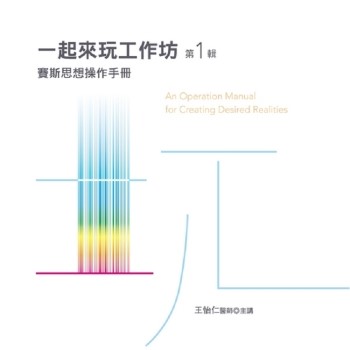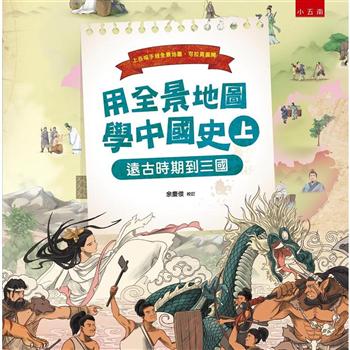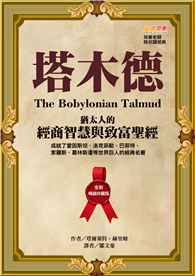Since ancient times, man has questioned his presence in the world, so Plato presents his anthropological project, which introduces the theme of the immortality of the soul, and which underpins a large part of Platonic anthropology, and book IV of the Republic, highlighting the tripartition that Plato operates in the organisation of his Ideal State. After a historical approach to anthropological thought, we move on to the archaic period of Greek society, the pre-Socratics, the Sophists and finally to Plato’s studies, a unique figure in philosophy in terms of the task of defining man. His anthropology inaugurated a new phase in anthropological thought, based on his ontological approach. For Plato, the essence of man is his soul. Finally, the perspective of a non-dualist stance for Platonic anthropology in the ’Timaeus’ will be presented, with the possibility of a triadic dimension of interpretation of his thought, both written and unwritten. It is in this way that Platonic anthropology marks the entire history of Western thought about man.
| FindBook |
有 1 項符合
The conception of man in Platonic thought的圖書 |
 |
The conception of man in Platonic thought 作者:Rodrigues Santos 出版社:Our Knowledge Publishing 出版日期:2024-12-31 語言:英文 規格:平裝 / 60頁 / 22.86 x 15.24 x 0.36 cm / 普通級/ 初版 |
| 圖書館借閱 |
| 國家圖書館 | 全國圖書書目資訊網 | 國立公共資訊圖書館 | 電子書服務平台 | MetaCat 跨館整合查詢 |
| 臺北市立圖書館 | 新北市立圖書館 | 基隆市公共圖書館 | 桃園市立圖書館 | 新竹縣公共圖書館 |
| 苗栗縣立圖書館 | 臺中市立圖書館 | 彰化縣公共圖書館 | 南投縣文化局 | 雲林縣公共圖書館 |
| 嘉義縣圖書館 | 臺南市立圖書館 | 高雄市立圖書館 | 屏東縣公共圖書館 | 宜蘭縣公共圖書館 |
| 花蓮縣文化局 | 臺東縣文化處 |
|
|
圖書介紹 - 資料來源:博客來 評分:
圖書名稱:The conception of man in Platonic thought
Adorno’s Gamble: Harnessing German Ideology
Adorno’s Gamble: Harnessing German Ideology
The Dialectics of Absolute Nothingness: The Legacies of German Philosophy in the Kyoto School
The Collapse of Freedom of Expression: Reconstructing the Ancient Roots of Modern Liberty
Aristotle’s Discovery of the Human: Piety and Politics in the Nicomachean Ethics
Heidegger: An Introduction
Black Divinity Institutes of the Black Theocracy Shahidi Collection Vol 1 [Remastered]
Bacteria to AI: Human Futures with Our Nonhuman Symbionts
Pink: The History of a Color
The Purpose of the Papacy
Adorno’s Gamble: Harnessing German Ideology
The Dialectics of Absolute Nothingness: The Legacies of German Philosophy in the Kyoto School
The Collapse of Freedom of Expression: Reconstructing the Ancient Roots of Modern Liberty
Aristotle’s Discovery of the Human: Piety and Politics in the Nicomachean Ethics
Heidegger: An Introduction
Black Divinity Institutes of the Black Theocracy Shahidi Collection Vol 1 [Remastered]
Bacteria to AI: Human Futures with Our Nonhuman Symbionts
Pink: The History of a Color
The Purpose of the Papacy
|











